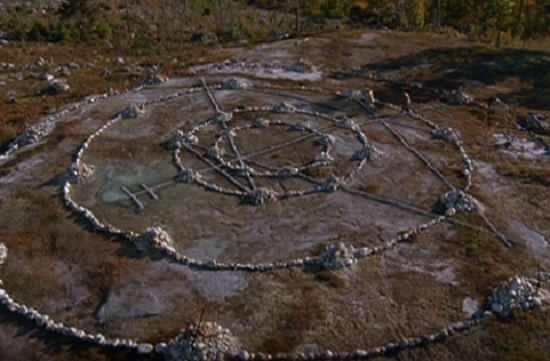'Pet Sematary' remake to be directed by Dennis Widmyer and Kevin Kolsch

Another Stephen King novel will make it to the big screen. "Pet Sematary" would soon have a remake, as Paramount recently announced their chosen directors for the film.
Paramount sought Dennis Widmyer and Kevin Kolsch to direct the new version of "Pet Sematary," which was originally released in 1989 and directed by Mary Lambert. Widmyer and Kolsch were behind the 2014 horror film "Starry Eyes," which revolved on a woman's efforts to enter Hollywood, crossing her path with that of a cult.
For the remake, Jeff Buhler and David Kajganich were in charge of the screenplay while Lorenzo di Bonaventura and Mark Vahradian produced the film. The executive producer will be Alexandra Loewy. According to Deadline, there were several directors who had their interests in "Pet Sematary," including "It" director Andy Muschietti and Carlos Fresnadillo. Horror master Guillermo del Toro also expressed desire in taking charge of the movie.
"My affection for 'Pet Sematary' will go on until I die," Muschietti said in an interview with Entertainment Weekly. His sister, Barbara, who was a producer for "It," also explained that the 1983 novel was the first King book they read.
Paramount's move followed the blockbuster movie "It," another adaptation of King's novel of the same name. "Pet Sematary" is about the Creed family who moves into a new house, only to find a cemetery beside their home. Myths about the said cemetery mentioned that the dead animals, which were buried there, come back to life. The remake would take a twisted turn, as humans are now the ones who could make a rise from the dead.
The 1989 "Pet Sematary" movie was a success, earning $57 million despite its budget of $11 million. It starred Dale Midriff, Fred Gwynne, and Denise Crosby. The sequel, titled "Pet Sematary II," starred Edward Furlong and was released in 1992 but was lackluster.











